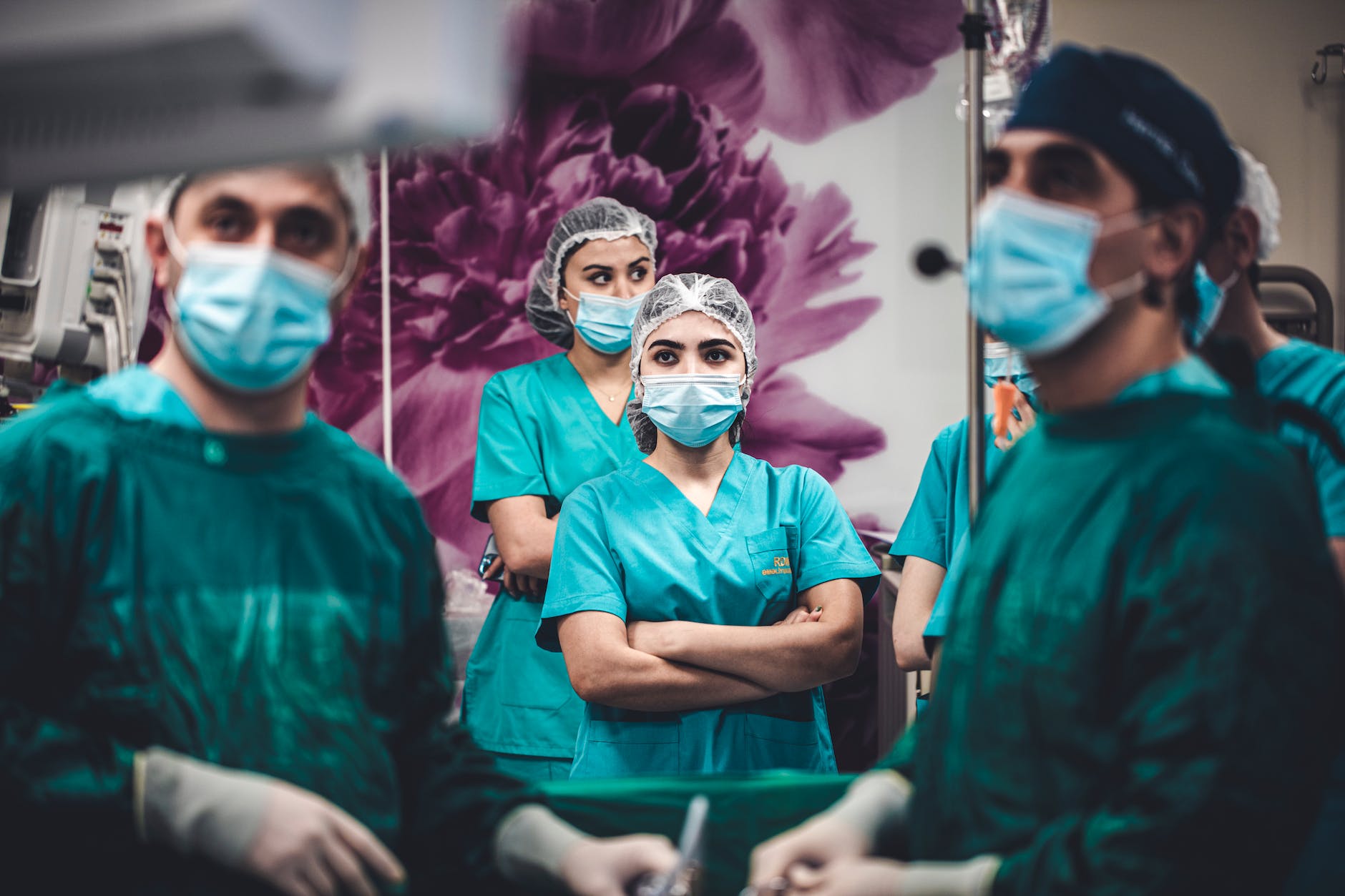Vastness of medical knowledge is undeniable. The abundance of knowledge presented by Medicine is to be learned by medical students while difficult to retain as physicians. The evolving world demands revolution in this field. The use of technology is increasing day by day. Telemedicine and digital health are part of the future of healthcare. All this and more demands healthcare workers to keep pace with developing technology. The education system needs reforms in this new world. For the vast ocean of knowledge, we need excellent learning options through which we nurture thoughts.

Problems and Solutions for Medical Knowledge
Clinical application over standalone medical knowledge
Our everyday knowledge of Medicine is increasing day by day. Nevertheless, the compulsion for knowledge in subjects like Anatomy, Physiology, Biochemistry, and Forensic Medicine stands unchanged. Metabolic pathways and general bone anatomy are still ‘a must to Learn’. The complexity and isolation of medical knowledge demand changes in the curriculum to allow medical students to retain maximum knowledge, but in meaningful ways. Compared to non-clinical years, simulation and clinical application are of utmost importance.
“Residents trained on laparoscopic surgery simulators showed improvement in procedural performance in the operating room.” (Yasuharu et al)
A Bachelor’s in Medicine degree comprises 4 years of Medical school. The first two years are non-clinical and the other two are clinical. Non-clinical years allow the students to learn tremendous amounts of knowledge, however, they are unable to retain most of it due to lack of clinical application. Teaching medical students demands that clinical scenarios must not only be taught, but practiced.
’Visual-Auditory-Kinesthetic personality is innate in every individual that allows one to use his visual, auditory, and tactile sensations to grab knowledge, and this is the core of medical science_’practice’’
-Anonymous
Specialization vs. Overload
Students ought to choose their respective fields of interest for specialization. A general surgeon needs to learn the anatomy of the whole body more precisely than an ophthalmologist. Similarly, an endocrinologist needs not to strike his head into forensic medicine. Concise knowledge about everything is necessary for medicine, but a bundle of unwanted knowledge makes things overly complex. It may not only be a waste of time but also of resources.
This abundant overload upon medical students and physicians made the General Medical Council in the UK recommend the following:
“factual information must be kept to the essential minimum that students need at this stage of medical education.” – General Medical Council
Embracing Technology
Before practicing medicine, healthcare professionals should be adept at the use of Electronic Medical Records as well as the utilization of technology. Telemedicine and digital health are taking hold in the information age. In the recent pandemic, telemedicine grew rapidly and it emerged as another means to provide the healthcare facilities to patients. The use of technology is a need of the hour, and our future doctors should be keen to learn modern techniques.
===
Arfah Riaz is a student in Medicine at Fatima Jinnah Medical University.
References:
- General Medical Council (Great Britain). Tomorrow’s Doctors: Recommendations on Undergraduate Medical Education Issued by the Education Committee of the General Medical Council in Pursuance of Section 5 of the Medical Act 1983. General Medical Council, 1993.
- Okuda, Yasuharu, et al. “The utility of simulation in medical education: what is the evidence?.” Mount Sinai Journal of Medicine: A Journal of Translational and Personalized Medicine: A Journal of Translational and Personalized Medicine 76.4 (2009): 330-343. https://doi.org/10.1002/msj.20127
Interested in teaching medical literacy pain free? Shop medical literacy resources!
You may also be interested in the following articles:

